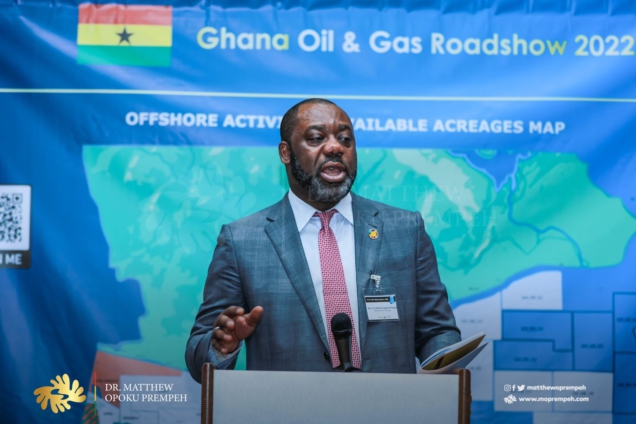Ghana's recently approved National Energy Policy marks a shift from the previous policy enacted in 2010.
The new policy aims to transform the country's energy sector with an increased focus on renewables, petroleum exploration, energy efficiency, mainstreaming gender and disabilities, and regular policy updates.
While the 2010 policy targeted increasing energy access and production to support Ghana's lower-middle income goals, the new policy is more forward-looking.
It aligns with Ghana's aim to reach upper-middle income status and net-zero emissions by 2050.
Some of the biggest differences between the two policies include:
- Renewable Energy: The new policy has greater emphasis on utility-scale renewable projects, mini-grids for rural areas, incentives for renewable energy developers, and non-electricity applications like solar drying and heating. This facilitates a transition away from biomass and fossil fuels.
- Nuclear Power: The latest policy introduces nuclear power as part of the energy mix by 2030 to provide affordable, reliable baseload electricity.
- Petroleum Exploration: The new policy outlines measures to boost exploration to increase oil and gas production. The 2010 policy only covered managing newfound petroleum resources.
- Energy Efficiency: - The new policy gives more attention to demand-side efforts like standards, building codes and conservation campaigns absent in the earlier policy.
- Inclusion: Unlike before, the new policy mainstreams gender and disabilities by enhancing participation, data collection, capacity building and other interventions.
- Adaptability: The 2021 policy states it will be updated regularly through stakeholder consultations to stay relevant, indicating a commitment to adaptive policymaking.
The new National Energy Policy can put Ghana on the path towards a more sustainable, efficient and inclusive energy future.
With appropriate legislation and investment, it could have a far-reaching impact on the country's development.
Latest Stories
-
Debt restructuring programme was poorly structured – Finance Minister Ato Forson says
2 hours -
Mahama appoints fresh batch of ambassadors to key global capitals
2 hours -
Isak wants to explore move away from Newcastle
2 hours -
Benin names Spike Lee and wife ambassadors for African-Americans in the US
3 hours -
Trade deal on US tariffs within reach, says EU, as 1 August deadline nears
3 hours -
Trump bickers with Powell over Fed renovation costs
3 hours -
‘We will not default’ – Ato Forson assures bondholders as GH¢20bn DDEP payment plan unfolds
3 hours -
Take time to get VAT reforms right before scrapping COVID-19 levy – Prof. Asuming
4 hours -
France will recognise Palestinian state, Macron says
4 hours -
Foreign Affairs Ministry denies issuing Ghanaian passports to non-citizens
5 hours -
Uganda to host Asia/Africa play-off for 2027 Rugby World Cup
5 hours -
Landslide destroys farmlands and livelihoods in Santrokofi, sparks famine fears
5 hours -
UHAS Dean urges strategic role for laboratory managers in 24-hour health system reform
5 hours -
Society of Medical Laboratory Managers chair calls for inclusion in core health management
5 hours -
Mahama promises to renovate Atta Mills Presidential Library
5 hours

